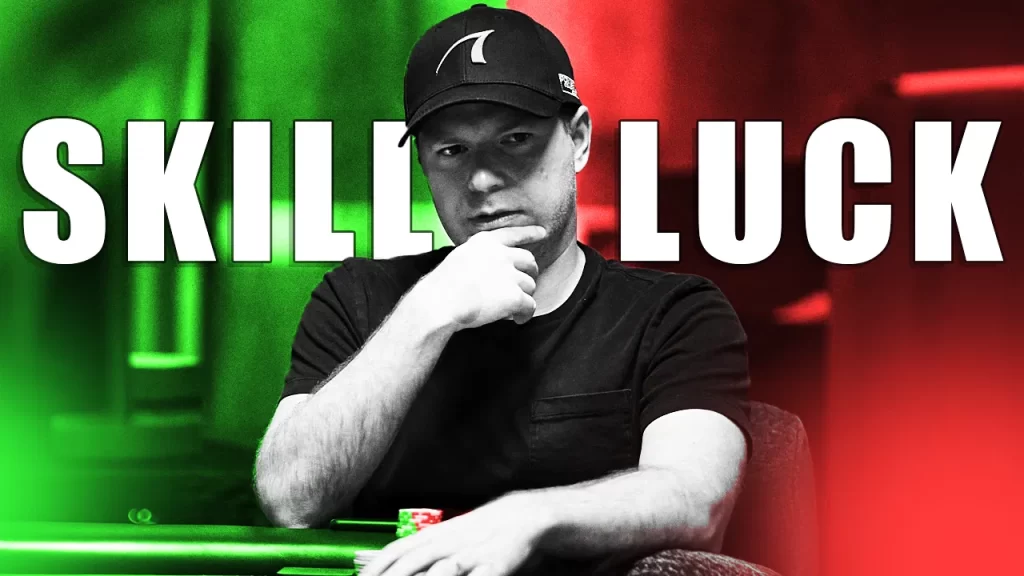Poker may be a game of chance, but you can increase your odds of success by understanding its mathematics. Furthermore, playing within your bankroll and avoiding tilt can reduce its effects on results.
Poker stands apart from traditional casino games because it requires skill to succeed long term. Just as with basketball or music practice is key to becoming an adept poker player.
Game of chance
People often mistake poker as being purely luck-based game. While this belief might make sense at first, as winning thousands in one hand seems evidence of luck rather than skill, such people are mistaken. Poker requires both.
Good players know how to limit the effects of luck on their results by learning about all four forms, managing bankroll effectively and adapting their game according to tournament phases and player behaviors.
Good players know when they are in their weakest position and will take advantage of it by raising stakes and reading opponents’ actions and making effective bluffs, enabling them to win more pots than expected. Experience will give players greater chances at luck.
Game of skill
Poker is a game of both skill and luck. To become successful at it requires both mathematical acumen for understanding odds and probabilities as well as psychological insight to read other players’ betting patterns and deduce the strength of their hands. Over time these abilities become refined into professional players who become formidable opponents with practiced proficiency; additionally they possess what we may term “luck from motion”.
Evidence that poker is a game of skill lies in its frequent success of many professional players in both cash games and tournaments, as well as studies that prove elite poker players outperform competition over time – evidence which points toward luck playing less of a role here than with other forms of gambling.
Betting intervals
Betting intervals in poker are periods in which players have an opportunity to place bets into a pot, also known as the pool or kitty, before starting another betting interval. Bets must either be called, raised, or dropped before moving on to the next interval – the goal being minimizing losses with poor hands while increasing gains with better ones.
Step one in becoming a better poker player is understanding the significance of betting. Betting is a fundamental element of poker that allows you to either win at showdown or use as a way to outwit weak opponents.
Raising when you have a strong hand is the optimal strategy, increasing your odds of attracting a call from weaker opponents and thus increasing EV. Furthermore, bluffing can be used to get opponents to fold their valuable hands so you can improve on them on subsequent streets.
Bluffing
Bluffing is an indispensable skill that will elevate your poker game. To do it successfully requires deception, confidence and an unflappable poker face; and is integral part of winning more pots. When practicing bluffing successfully it’s key that bet sizes mirror those used with value hands in similar situations – otherwise opponents will know when your hand has real value and call your bluff.
As part of bluffing, understanding your opponents’ emotional processes is also critical. For instance, some players exhibit fear when placing more money into later rounds, which you can exploit by using weak or limited ranges in bluffs against them. Furthermore, you must project confidence while keeping emotions under control – difficult but essential elements for effective bluffing!








More Stories
The Evolution of Baccarat in Popular Film and Television
Mathematical Probability Models for Baccarat Side Bets: The Real Odds Behind the Flashy Payouts
Baccarat for Cryptocurrency Gamblers: A Match Made in Digital Heaven?